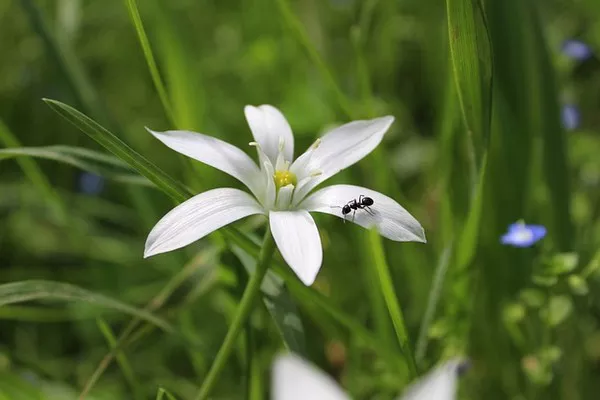In the intricate tapestry of nature, the process of pollination stands out as a fundamental and indispensable mechanism that ensures the survival and proliferation of plant species. This delicate dance between flora and fauna is not just a captivating spectacle but an essential cog in the wheel of ecological balance. Why do plants need pollination? This question unveils a fascinating journey into the realms of reproductive biology and ecological interconnectedness.
The Basics of Pollination:
Pollination is the transfer of pollen grains from the male reproductive organ (anther) of a flower to the female reproductive organ (stigma) of the same or another flower. While some plants can self-pollinate, many rely on external agents for the transfer of pollen, a process aptly named cross-pollination.
Ensuring Genetic Diversity:
One of the primary reasons why plants need pollination is to ensure genetic diversity within their populations. Cross-pollination, facilitated by various vectors such as wind, water, insects, birds, and mammals, allows for the mixing of genetic material from different individuals. This genetic diversity is crucial for the long-term survival of plant species.
Genetic diversity provides plants with the ability to adapt to changing environmental conditions, resist diseases, and respond to evolving threats. The offspring resulting from cross-pollination inherit a combination of traits from both parent plants, enhancing their chances of thriving in diverse ecological niches.
Fostering Evolutionary Adaptations:
Through the ages, plants and their pollinators have co-evolved, developing intricate relationships that benefit both parties. This co-evolution has led to specialized adaptations in both plants and pollinators. Flowers, for example, have evolved specific shapes, colors, and scents to attract particular pollinators, ensuring a more efficient transfer of pollen.
Likewise, pollinators have developed specialized behaviors and anatomical features that allow them to access nectar and pollen from specific types of flowers. This mutualistic relationship between plants and pollinators not only promotes reproductive success but also drives evolutionary adaptations over time.
Boosting Crop Yields:
Beyond the realms of natural ecosystems, the importance of pollination extends to agriculture, where it plays a pivotal role in enhancing crop yields. Many of the world’s staple food crops, including fruits, vegetables, and nuts, depend on pollinators for efficient reproduction. Bees, butterflies, birds, and other pollinators contribute significantly to the production of diverse and nutritious crops.
The economic value of pollination in agriculture is immense. According to estimates, pollinators contribute billions of dollars annually to global crop production. The dependence of agriculture on pollination underscores the critical need for conservation and sustainable management of pollinator populations.
Preserving Biodiversity:
Pollination is a key driver of biodiversity, influencing the distribution and abundance of plant species. In natural ecosystems, a rich tapestry of plant-pollinator interactions contributes to the diversity of flora. As plants rely on different pollinators, the intricate web of connections supports a wide array of species, creating a resilient and balanced ecosystem.
The decline of pollinators, driven by factors such as habitat loss, pesticide use, and climate change, poses a significant threat to biodiversity. By understanding the importance of pollination, conservation efforts can be directed toward preserving the habitats and conditions necessary for both plants and pollinators to thrive.
Ecosystem Services and Human Well-being:
Beyond their role in agriculture, plants and their pollinators provide a myriad of ecosystem services that benefit human well-being. These services include air and water purification, soil fertility, and the regulation of climate patterns. The health of ecosystems is intricately linked to the health of pollinator populations, making pollination a linchpin in the delivery of ecosystem services.
Additionally, many medicinal plants, which form the basis of traditional and modern medicine, rely on pollination for reproduction. The preservation of pollinator diversity is thus vital not only for ecological balance but also for maintaining the availability of medicinal resources.
SEE ALSO Do Plants Make Their Own Food? Revealed!
Conclusion:
In conclusion, the question of why plants need pollination unravels a tale of intricate connections, evolutionary dynamics, and the delicate balance that sustains life on Earth. From the microscopic world of pollen grains to the majestic flight of pollinators, the symphony of pollination resonates throughout nature, shaping landscapes and ensuring the continued existence of diverse plant species.
Understanding and appreciating the importance of pollination is a call to action for conservationists, farmers, policymakers, and individuals alike. As we strive to address the challenges that threaten pollinator populations, we are not only safeguarding the future of plant life but also preserving the foundation of ecosystems that support all forms of life on our planet.


